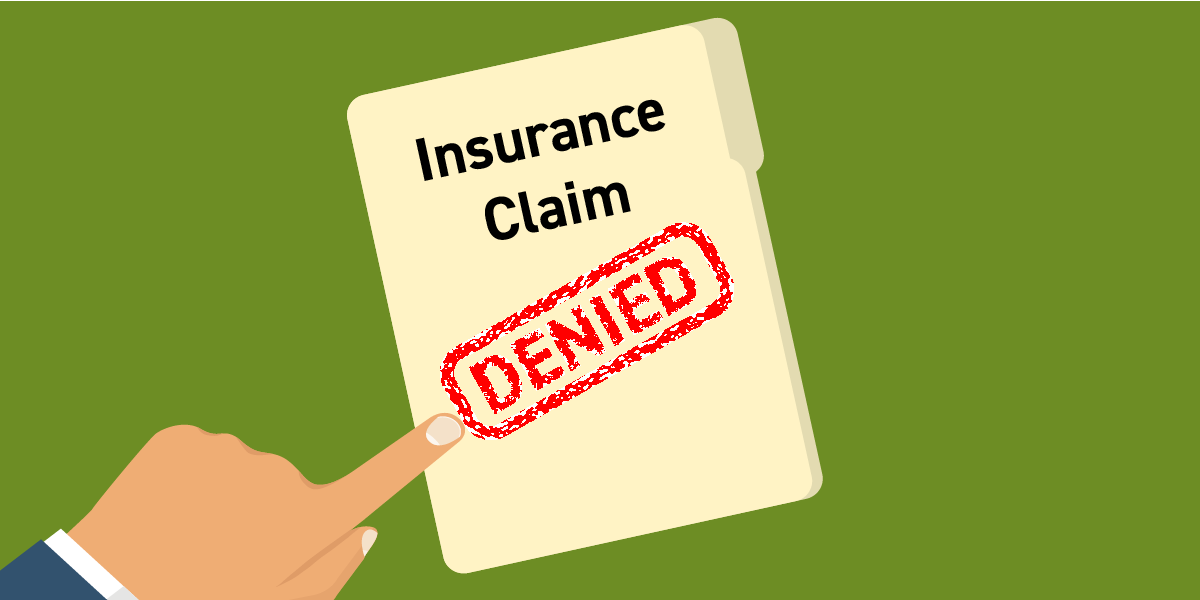Many employers carry general business liability insurance with fiduciary clauses to hedge against potential losses that may result from negligent acts of some sort committed by their employees. But employers may be surprised to find that the broad policy terms of their fiduciary clauses do not cover as much as they thought, especially when a particular claim is filed. A construction company with 150 employees recently learned that lesson the hard way in a federal case.[1] The court ruled that it is not reasonable to expect business liability insurance (covering negligence or breaches of fiduciary duties) to cover claims where the employer forgot to pay its bills for employee life and disability insurance premiums.
The employer argued that this type of negligence — where an employee failed to perform his duties — was exactly why it purchased business liability insurance. But the court said that the employer’s obligation to pay life and disability insurance benefits arose from its contractual promises to the plan participants (as set out in the life and disability insurance plans), which cannot be passed on to business insurers, even if negligence caused the unpaid premiums.
How did this happen?
The construction company’s controller was responsible for administering the company’s employee benefit plans, including processing insurance premium invoices. The controller forgot to pay life and disability insurance plan premiums and did not tell the company or plan participants when the coverage lapsed. Unfortunately, three employees suffered injuries or death that would have been covered under those plans. The employees and beneficiaries demanded the amounts they would have received if the insurance had been in effect. The company settled with them for over $200,000 and sought reimbursement under two business liability insurance policies. The insurers denied the claims on the grounds that failing to pay premiums is not a covered event under the policies. The employer sued, but the court sided with the insurers.
Wrong kind of negligence
The employer’s business liability insurance policies covered losses arising from “negligent acts or omissions or fiduciary breach associated with administration of the employer’s benefit plans.” The employer asserted that the controller’s mishandling of life and disability insurance premiums and failure to tell anyone that those coverages had lapsed were negligent acts that fell within the policies’ coverage terms. Although the court acknowledged that the policy terms were ambiguous (since it wasn’t clear what “administering” employee benefit plans meant), it examined other policy definitions and found that the employer’s claim did not fall within those terms. Importantly, the court said that the obligations to pay the benefits arose from contractual promises the employer had made to employees through the plans, and that such obligations could not be passed on to the business liability insurer by failing to pay insurance premiums, even if the failure was negligent or a breach of fiduciary duty.
Key takeaways
Although the employer has filed an appeal, this case reminds employers to ensure their policies have specific language for the intended coverage and to thoroughly train and monitor any internal employees who administer employee benefit plans — especially smaller employers who may not have human resources staff. Often responsibility for employee benefit plans falls to controllers or other accounting or finance department staff, who may lack ERISA or other employee benefit plan knowledge, skills or experience. TEG can help fill those gaps.
[1] Erickson-Hall Construction Co. v. Scottsdale Ins. Co., 2019 WL 719204 (S.D. Cal. 2019).





